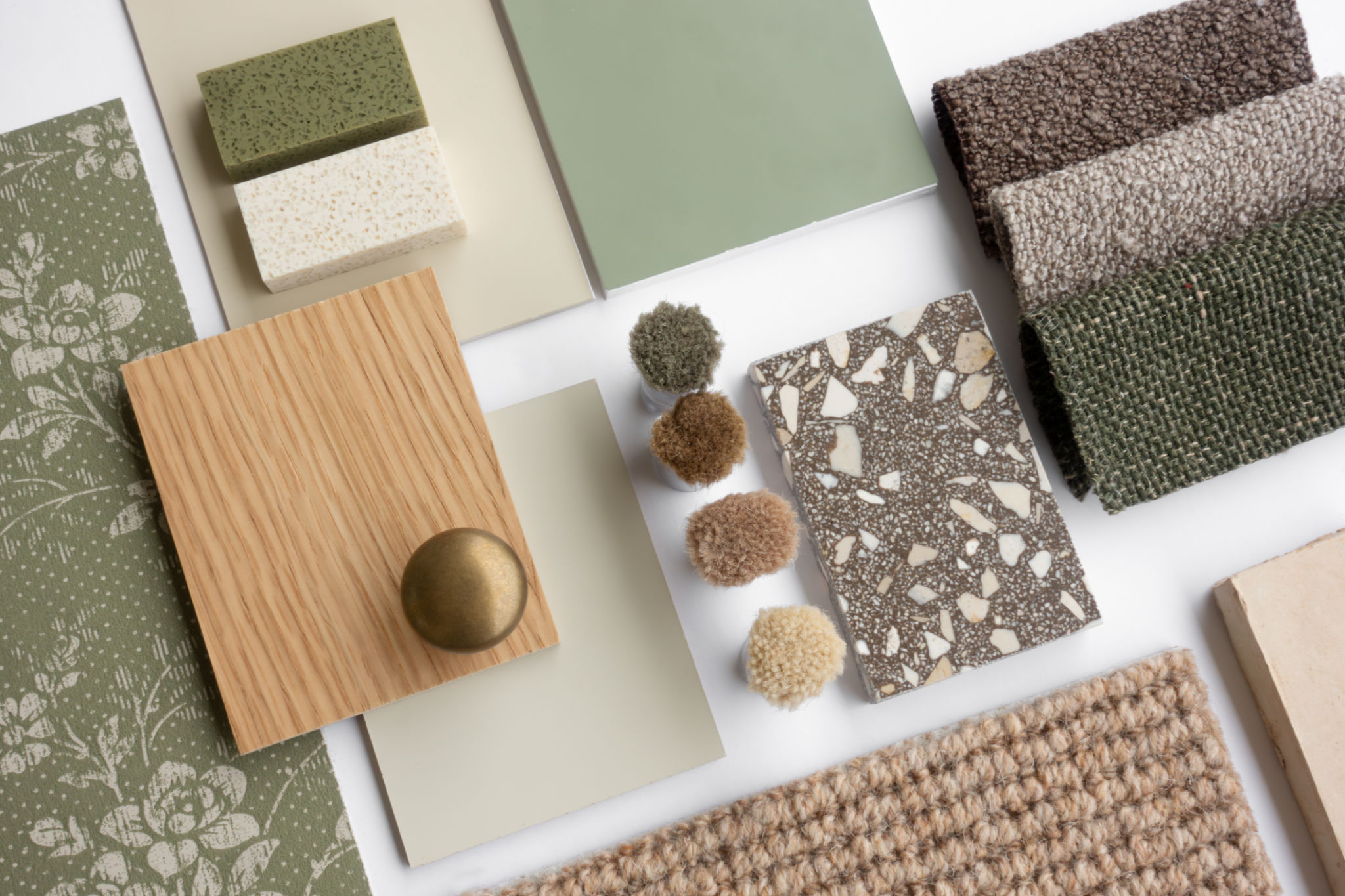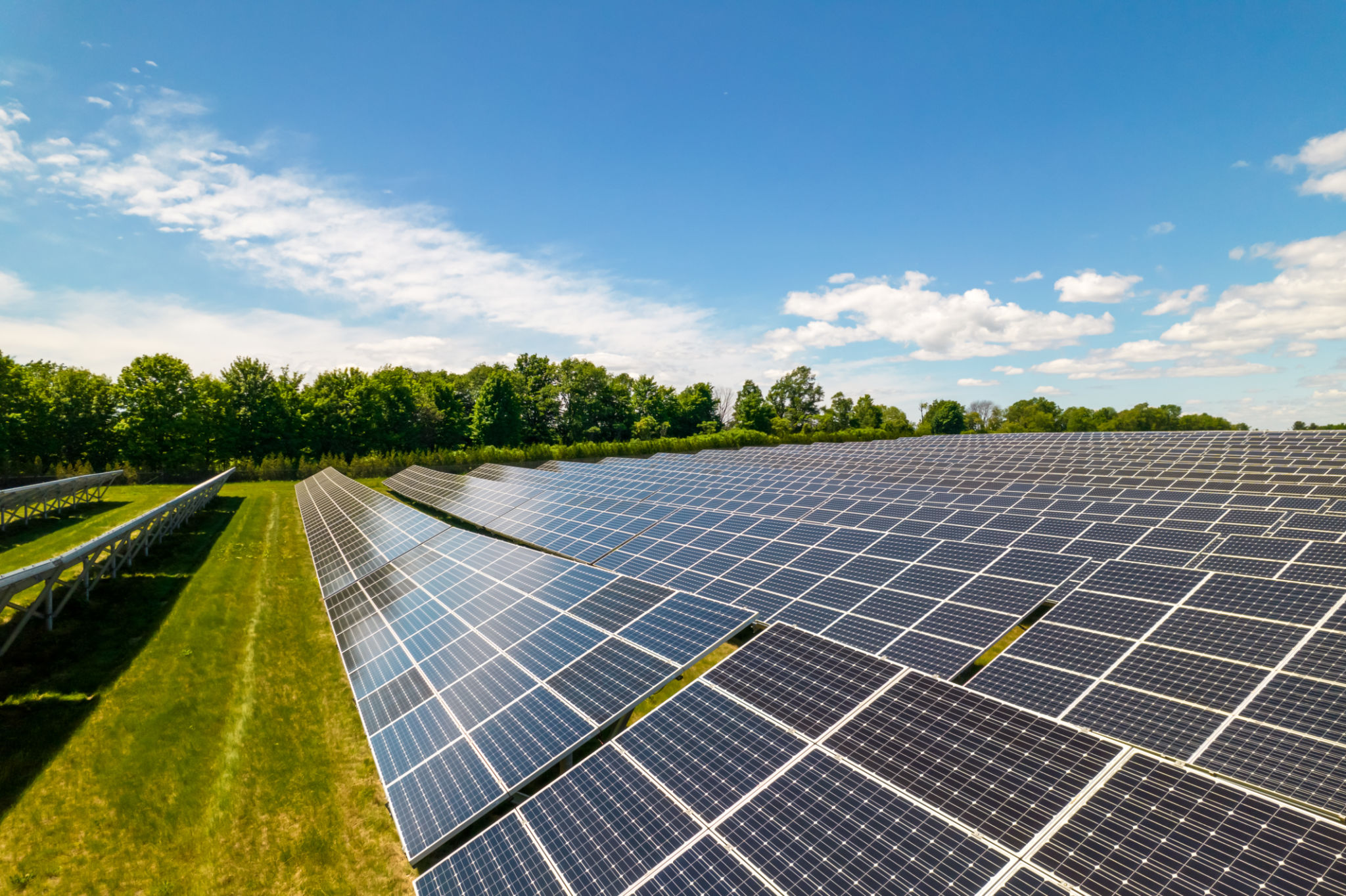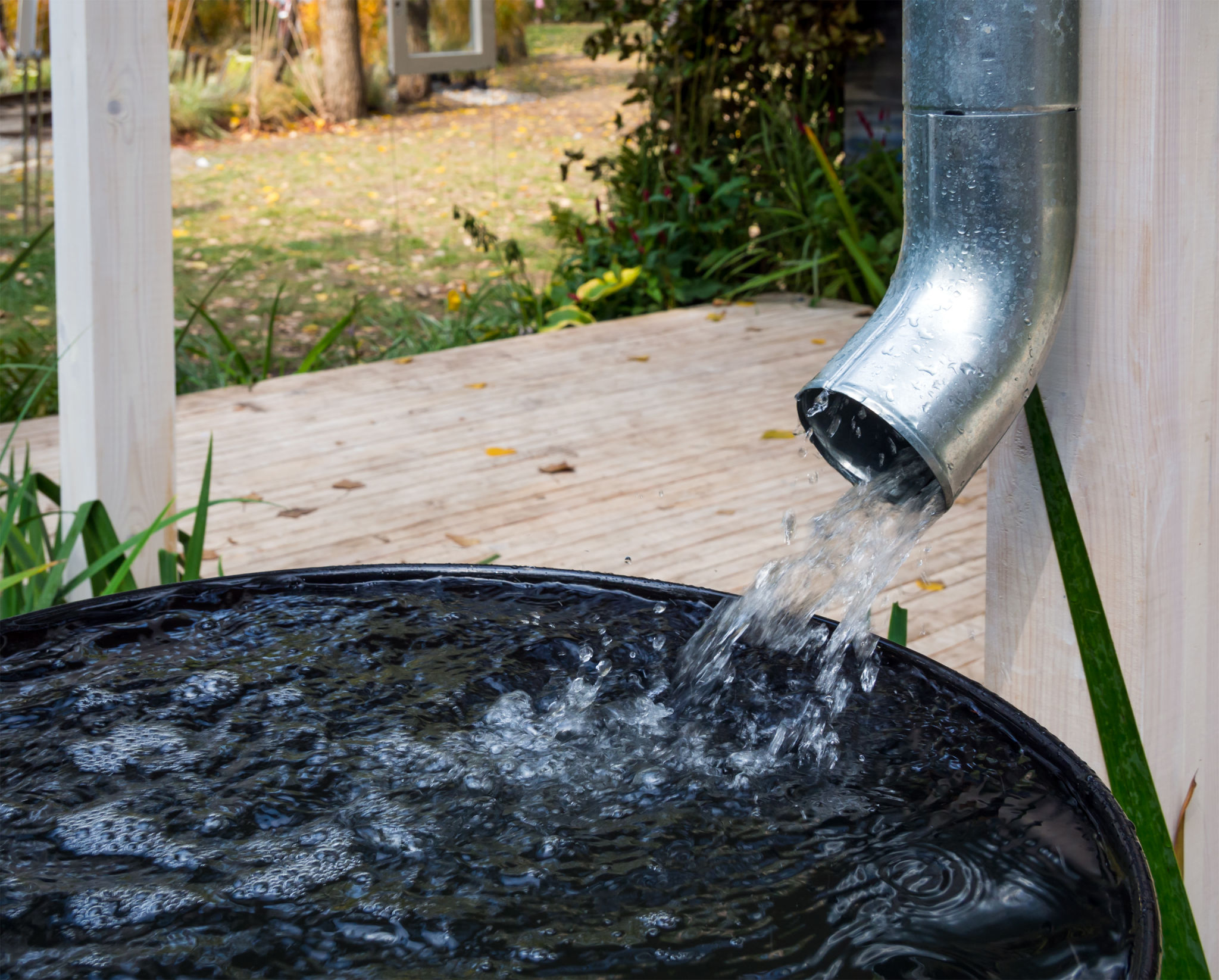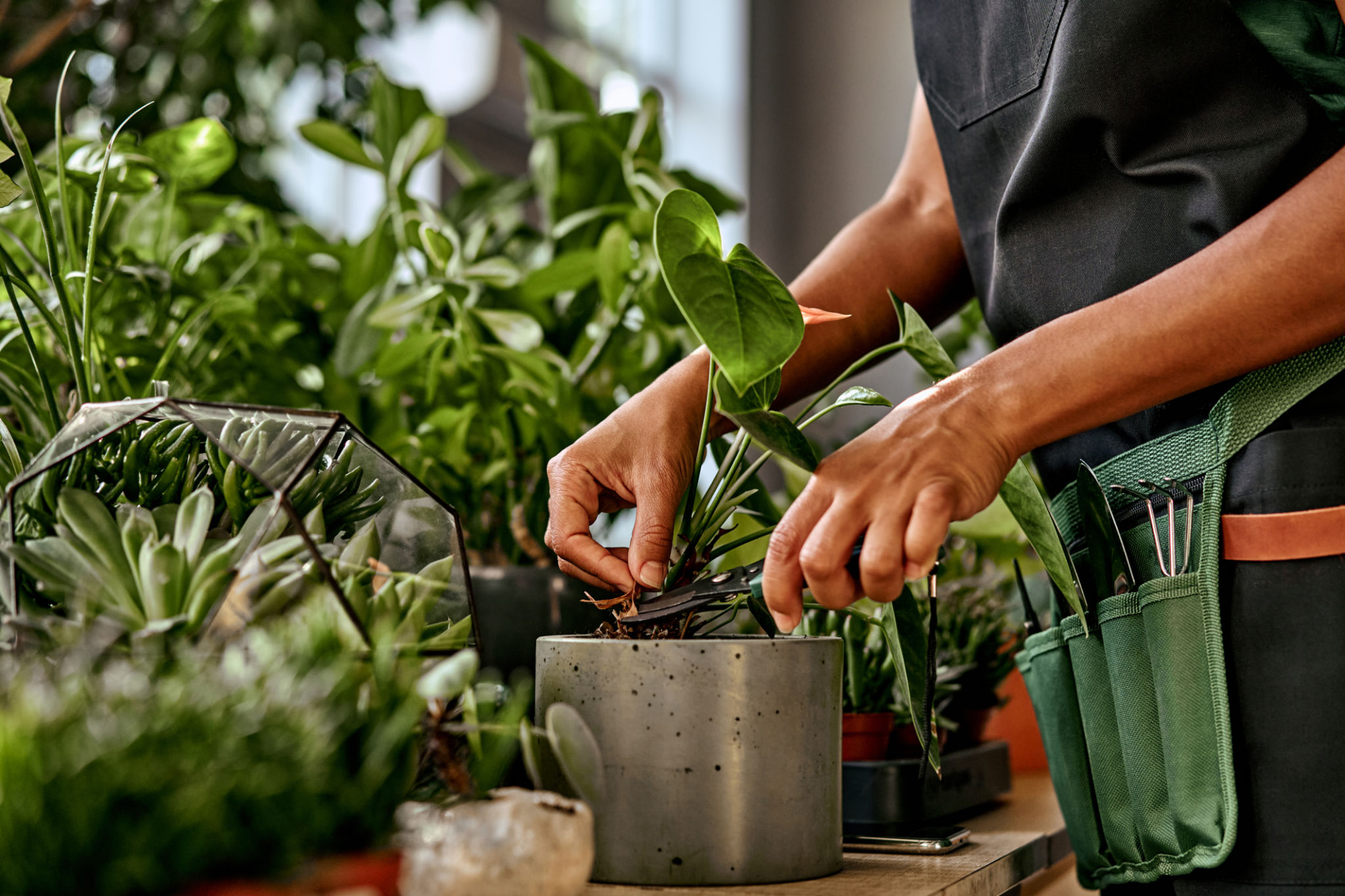Expert Tips for Sustainable Home Design in Illinois
Understanding Sustainable Home Design
Incorporating sustainable home design is more than just a trend—it's a necessity for a greener future. In Illinois, with its varied climate and urban-rural mix, designing a sustainable home involves careful planning and consideration. By focusing on energy efficiency, resource conservation, and environmentally friendly materials, you can contribute to a healthier planet while enjoying long-term cost savings.

Energy Efficiency: The Heart of Sustainability
Energy efficiency should be at the core of any sustainable home design. In Illinois, where winters can be harsh, it's crucial to ensure your home is well-insulated. Consider using high-performance windows and doors to minimize heat loss. Additionally, installing a programmable thermostat can significantly reduce energy consumption by maintaining optimal indoor temperatures.
Opt for energy-efficient appliances and lighting to further reduce your carbon footprint. LED lighting, for example, uses up to 75% less energy than traditional bulbs and lasts significantly longer. An energy audit can help identify areas where you can improve efficiency and reduce your home's energy demand.
Embracing Renewable Energy Sources
Illinois offers ample opportunities to harness renewable energy. Solar panels are becoming increasingly affordable and can be installed on rooftops to generate clean electricity. Depending on your location, consider wind turbines as another option for generating renewable energy. By investing in these technologies, you can reduce reliance on fossil fuels and lower your utility bills.

Choosing Sustainable Building Materials
The choice of building materials is crucial in sustainable home design. Opt for materials that are locally sourced and have a low environmental impact. Reclaimed wood, recycled metal, and bamboo are excellent choices that add character while being eco-friendly. Additionally, low-VOC paints and finishes can improve indoor air quality by reducing harmful emissions.
Consider using permeable paving for driveways and walkways to minimize rainwater runoff and reduce flooding risks. This is particularly important in Illinois, where heavy rains can lead to water management challenges.
Water Conservation Techniques
Water conservation is a key component of sustainable living. Implementing rainwater harvesting systems can provide an alternative water source for landscaping needs. Installing low-flow fixtures in bathrooms and kitchens can significantly reduce water usage without sacrificing functionality.

Incorporating Natural Landscaping
Natural landscaping not only enhances the aesthetic appeal of your home but also supports local ecosystems. Choose native plants that thrive in Illinois' climate, as they require less water and maintenance. Creating a rain garden can help manage stormwater runoff while providing habitat for local wildlife.
Additionally, using mulch in garden beds conserves moisture and reduces the need for chemical fertilizers by naturally enriching the soil.
The Importance of Indoor Air Quality
Maintaining good indoor air quality is essential for a healthy living environment. Ensure proper ventilation throughout your home by using energy-efficient windows that allow for natural airflow. Incorporate houseplants that act as natural air purifiers, such as spider plants or peace lilies.

Smart Home Technology for Sustainability
Integrating smart home technology can enhance your sustainable home design. Smart thermostats, lighting systems, and appliances allow you to monitor and control energy use more effectively. These technologies not only increase convenience but also help you make informed decisions about your energy consumption.
By setting up automated systems, you can ensure that your home operates efficiently even when you're not there, maximizing energy savings.
Conclusion
Sustainable home design in Illinois is about making thoughtful choices that benefit both the environment and your household budget. By focusing on energy efficiency, renewable energy sources, sustainable materials, water conservation, and smart technology, you can create a home that is not only beautiful but also environmentally responsible. Embrace these expert tips to ensure your home contributes positively to the planet while enhancing your quality of life.
